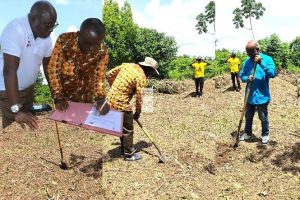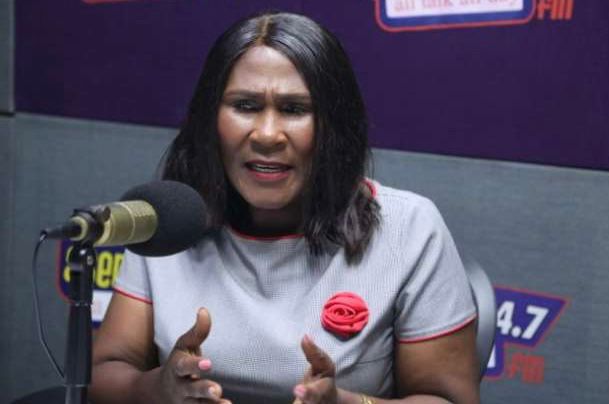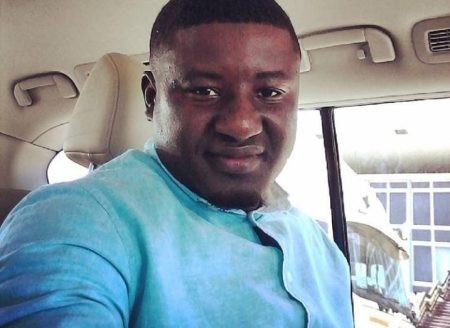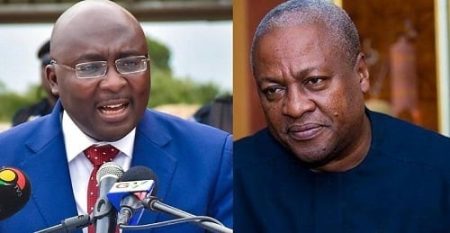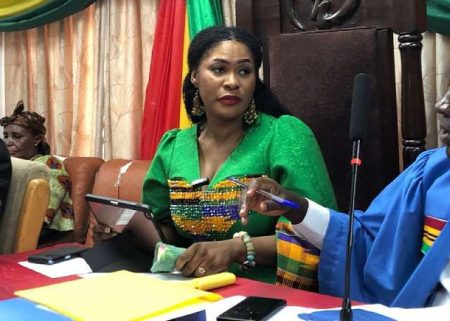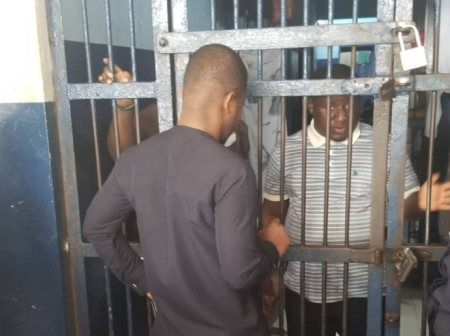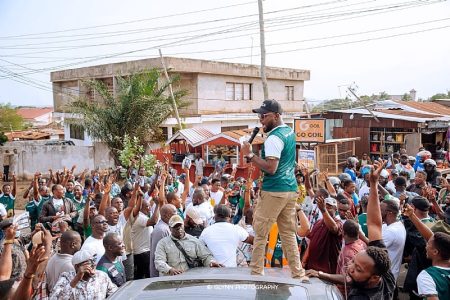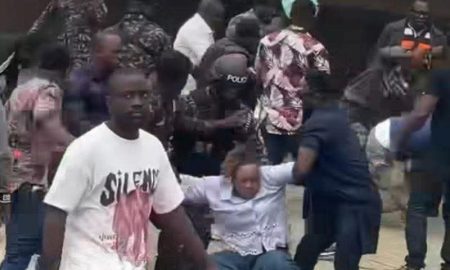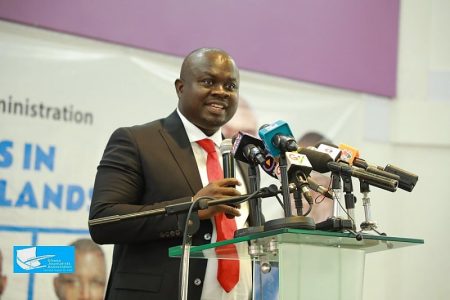The upcoming parliamentary re-run in Ablekuma North has become a focal point of contention, particularly for Nana Akua Owusu Afriyie, the New Patriotic Party (NPP) candidate. Despite her party’s directive to boycott the election scheduled for Friday, July 11, 2024, Akua Afriyie remains resolute in her decision to contest, fueled by her conviction that she emerged victorious in the original election. This unwavering stance pits her against her own party and places her in direct confrontation with the Electoral Commission (EC), which she accuses of manipulative practices. Her confidence stems from her belief in the divine justice of her cause, asserting that the truth will prevail. This unwavering faith, combined with her claims of a substantial lead in the initial vote count, forms the crux of her argument for participating in the re-run.
The heart of the dispute lies in the sudden shift in the number of polling stations slated for re-run. Akua Afriyie contends that the EC initially identified only three outstanding polling stations but abruptly increased the number to 19. This unexpected alteration fuels her suspicion of foul play and strengthens her resolve to fight for what she believes is rightfully hers. She claims to have garnered 34,613 votes in the previous election, surpassing her opponent’s tally of 34,199. This 349-vote advantage, established across 278 polling stations, reinforces her confidence. The sudden inclusion of 19 additional polling stations, without satisfactory explanation, has raised questions about the EC’s impartiality and transparency, further escalating the tension surrounding the re-run.
Akua Afriyie’s decision to defy her party’s boycott underscores the personal and potentially divisive nature of this election. While the NPP’s official stance is to abstain from the re-run, Akua Afriyie’s determination to participate suggests a fracture within the party lines. Her defiance highlights the conflicting priorities at play: party loyalty versus individual ambition and the pursuit of what she believes is a just outcome. This internal conflict adds another layer of complexity to an already contentious electoral process. It remains to be seen how the party will react to her defiance and whether it will ultimately impact her campaign.
Compounding the situation is the recent dismissal of the NPP’s legal challenge against the EC’s decision by an Accra High Court. Justice Ali Baba Abature’s ruling against the NPP, deeming their application “unmeritorious,” further isolates Akua Afriyie and strengthens the EC’s position. This legal setback removes a significant avenue for challenging the re-run and places Akua Afriyie in a more precarious position. It underscores the uphill battle she faces, as she is now contending not only with the EC but also operating without the full support of her party. Her solo endeavor against both the EC and, in effect, her own party places her in a David-versus-Goliath scenario.
The upcoming re-run in Ablekuma North is thus poised to be a significant event, not only for its local implications but also for its potential to shed light on broader issues within Ghana’s electoral system. Akua Afriyie’s unwavering determination to contest the election, despite facing significant opposition from multiple fronts, highlights the intricate interplay of individual agency, party politics, and the role of electoral bodies. The outcome of this re-run will undoubtedly have ramifications beyond Ablekuma North, potentially influencing future electoral processes and party dynamics.
Ultimately, this election is more than just a contest for a parliamentary seat; it is a test of the resilience of democratic processes. Akua Afriyie’s insistence on participating, despite formidable obstacles, raises crucial questions about transparency, accountability, and the pursuit of justice within electoral systems. Her actions embody a powerful statement about the importance of individual conviction in upholding democratic principles. The results of the re-run will undoubtedly be closely scrutinized, not only for its impact on Ablekuma North but also for its potential implications for the future of electoral integrity within Ghana. The unfolding events will serve as a valuable case study for analyzing the complexities of election disputes and the delicate balance between party loyalty and individual convictions.



